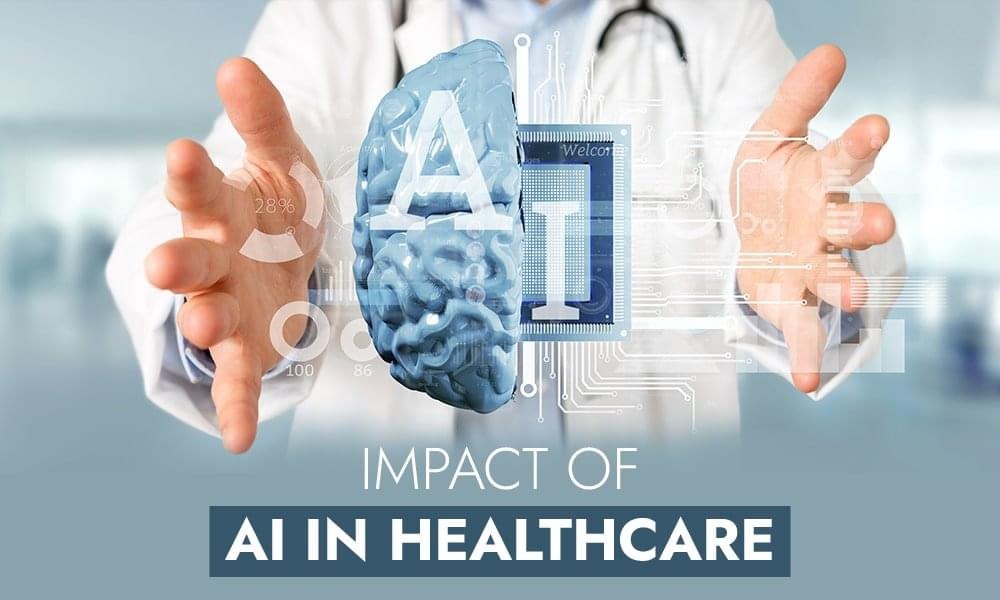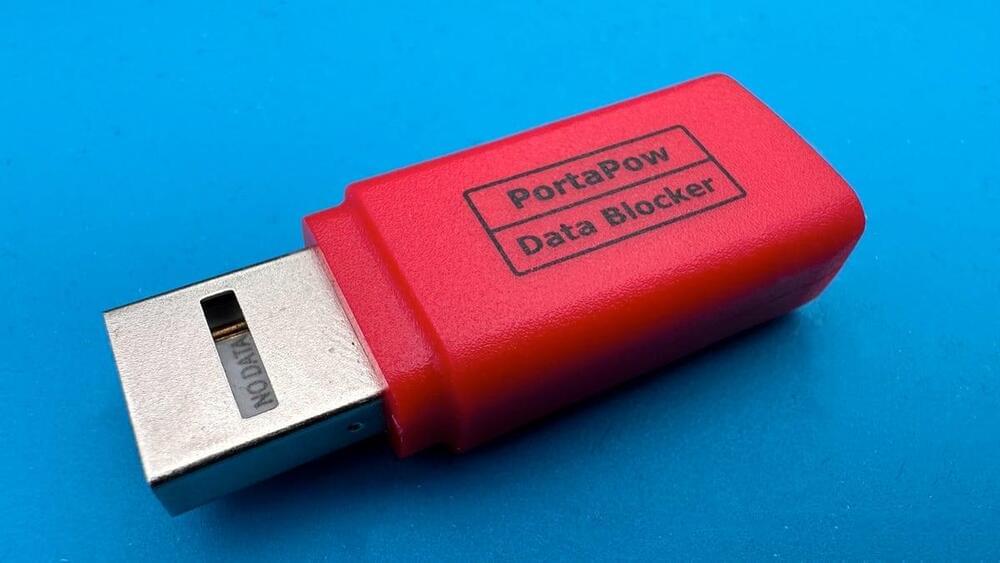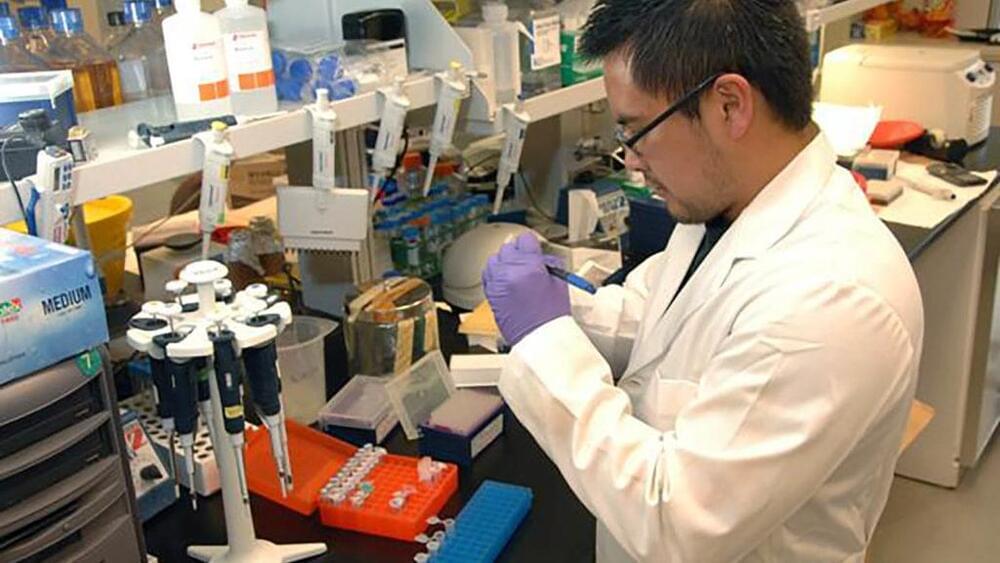Jun 26, 2023
The Impact of AI in Healthcare
Posted by Shubham Ghosh Roy in categories: biotech/medical, robotics/AI
Understanding the basics of artificial intelligence in healthcare.
Healthcare spending simply isn’t keeping up. Healthcare systems will struggle to remain viable unless big structural and transformational changes are implemented. Automation, along with artificial intelligence (AI), has the potential to revolutionize healthcare.
Artificial Intelligence in Healthcare is utilized to analyze and avoid illness treatment procedures. AI is employed in many fields of healthcare, including diagnosis, drug research, medication, patient monitoring care centers, and so on.


















